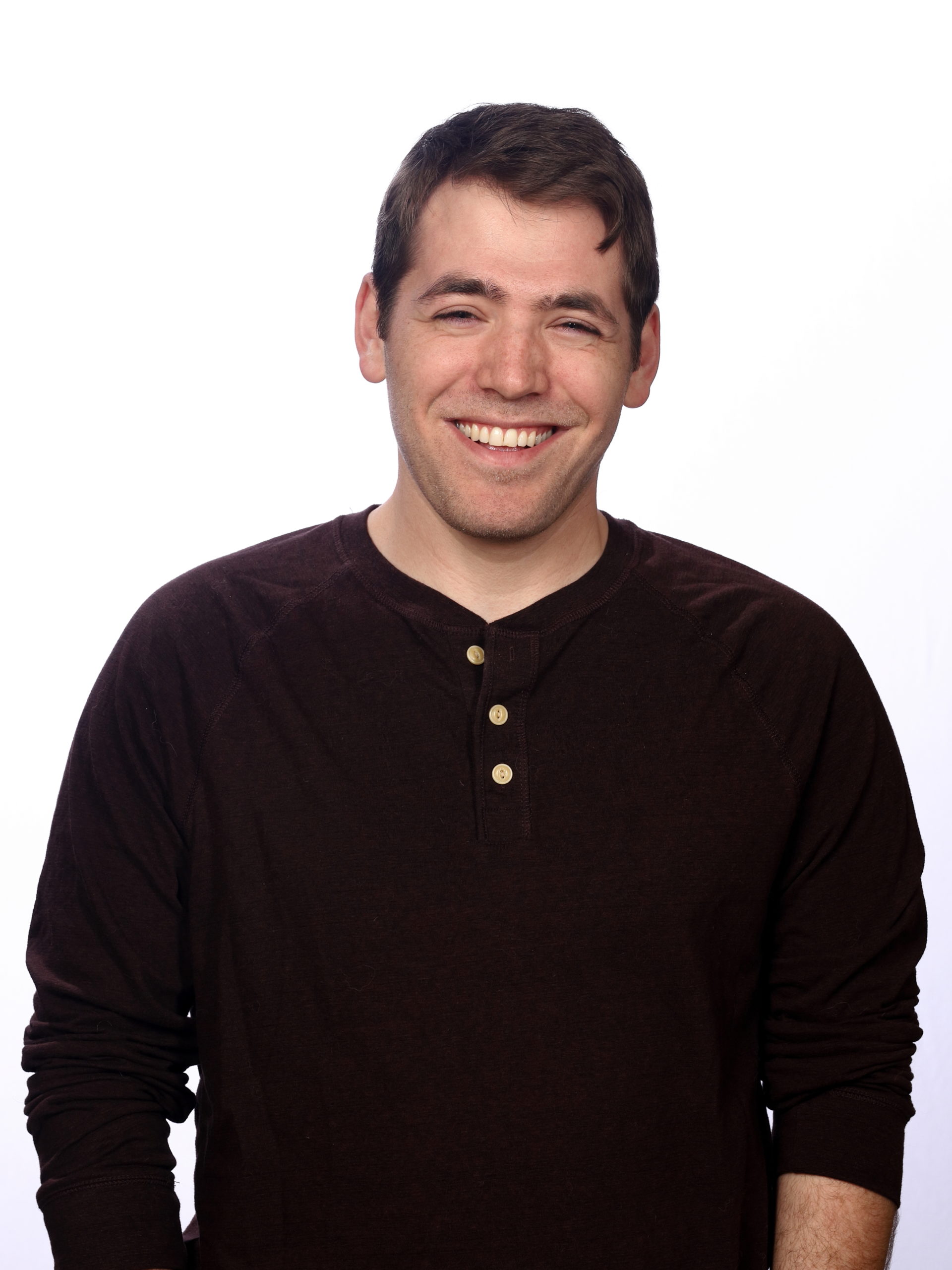
Israel is not an apartheid state per any definition of the word.
Apartheid refers to the legal, political and societal structure of discrimination that the white minority of South African citizens imposed on the black and Asian South African citizens from 1948 to 1994. Disenfranchisement was followed by segregation, violence, imprisonment, and overall oppression of the non-white majority – a pretty evil affair, to say the least.
Israel, on the other hand, has always been a free and open society where individuals in minority groups are accepted in the realms of public leadership, the arts, healthcare, academic institutions, and business.
So, why do so many mainstream voices such as Human Rights Watch (HRW,) the World Council of Churches, particular US politicians, and even Desmond Tutu, who experienced apartheid firsthand, all cling to such a lie? And, if Israeli apartheid is so easy to disprove, why is it prominently featured in contemporary discourse about Israel?
The answer is both simple and complicated. Ignorance and bigotry can easily explain this phenomenon, but the great debate has become so entangled in the language of the “oppressed” versus the “oppressor” that we need to focus on what these people are actually advocating and not merely attack the language games they play.
What does it mean when someone libels Israel by comparing it to the abject evil of South African apartheid? It does a few things simultaneously: it legitimizes opinions hostile toward Israel’s existence that would otherwise be unacceptable in popular discourse regarding other liberal democracies, appropriates actual oppression under apartheid in South Africa, whitewashes and justifies violence against Israelis in the name of “self-defense,” and contributes to the widespread sense of perpetual victimhood found throughout Palestinian communities.
This claim to violence as a defensive measure is particularly dubious. The legitimacy of violence as a form of protest has long been disputed as it undermines democracy at the altar of the mob. In some contexts, it’s been used to justify attacks on police in the US, in others, to weaponize children against Israel. Of course, the immorality of indiscriminate violence poses a big problem for proponents of this kind of political expression, but in the context of Palestinian “armed resistance,” something else is at play. If a group justifies its use of violence as an act of defense, but lies about what prompted said defense, all that’s left is the violence.
One example of such a false claim belongs to Khulood Badawi, one of the researchers who contributed to the currently circulating HRW document. In 2012, Badawi, a staff member of the Jerusalem branch of the UN Office of Coordinated Humanitarian Affairs at the time, posted a picture on social media of a deceased and bloodied Palestinian six-year-old girl being held by her father accompanied by a caption: “Palestine is bleeding. Another child killed by Israel.” As it turned out, the picture was taken six years earlier than claimed, and the cause of the heart-wrenching tragedy was an accident entirely unrelated to any Israeli military action.
However, this type of dishonesty did not stop Mohammed Merah from murdering three Jewish children under the age of 10, and their father at Ozar Hatorah school in France a week later. He claimed to have been partially motivated by the fact that “the Jews have killed our brothers and sisters in Palestine.” While there’s no exact causal link between Badawi’s lie and Merah’s actions, Merah’s chilling words underscore that incitement can be a motivating factor for violence in the context of the Israeli-Arab conflict. This tragedy epitomizes most, if not all, lies told about Israel. It’s no surprise that Badawi has found a home at HRW and had a hand in crafting their piece about Israel’s non-existent apartheid.
If a group justifies its use of violence as an act of defense, but lies about what prompted said defense, all that’s left is the violence.
This kind of dishonesty was not lost on me as I attended a Students for Justice in Palestine rally at Colorado College. It was May 15, the same day Hamas was raining down its many murder-attempt rockets at dense population centers on and around Tel Aviv. For 40 minutes, I listened to SJP members parrot the apartheid libel and others like Badawi’s to a small, enthusiastically empathetic crowd of students and professors. I was given a QR code to a resource page filled not only with links to organizations that have been unmasked as dishonest instigators of violence against Jewish people inside Israel and out, and a handful of organizations that have a history of working with US-designated terrorist groups like the Popular Front for the Liberation of Palestine (PFLP), but also encourages activists to proclaim that “There is only one solution: Intifada, Revolution.”
All this while the frequency of attacks on Jewish people from self-proclaimed “pro-Palestine” activists worldwide in places like NYC, Toronto, and basically all of Europe have risen dramatically in the past few weeks. I’m reminded of the push to have a plane hijacker speak directly to students at SFSU last year and the effect that such an environment has on its Jewish students. I wonder how long it will be until Jewish Coloradoans are targeted, considering SJP promulgates violent ideologies on their campuses unabated.
Colorado College, is this what you want for your Jewish students?
Originally published in The Jerusalem Post.
Contributed by 2020-2021 University of Colorado at Colorado Springs CAMERA Fellow Seth Mendel.

